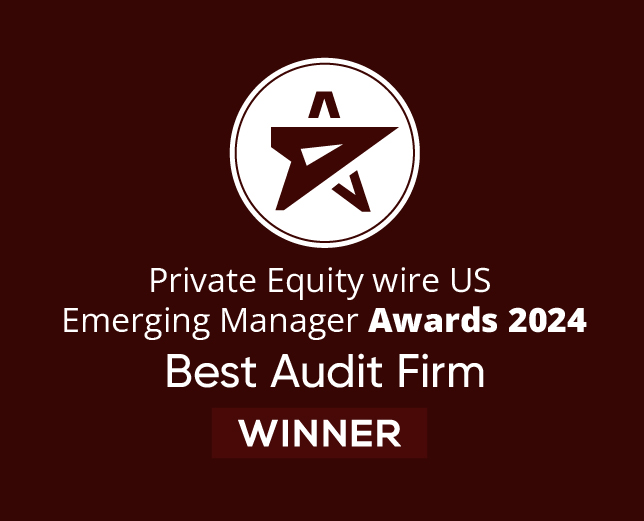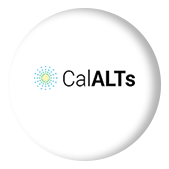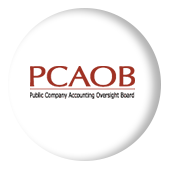Reduce Your Tax Burden by Investing in a QOF
Qualified Opportunity Fund Tax Compliance
TCJA established the Qualified Opportunity Zone program to provide a tax incentive for private, long term investment in economically distressed communities. Investors are given an opportunity to defer and potentially reduce tax on recognized capital gains. If you owe taxes due to capital gains, investing in a qualified Opportunity Zone fund may be good idea to explore further.
What is an Opportunity Zone and a Qualified Opportunity Zone Fund?
An Opportunity Zone is a community nominated by the state and certified by the Treasury Department as qualifying for this program.
A Qualified Opportunity Zone Fund is any investment vehicle which is organized as a corporation or a partnership for the purpose of investing in qualified opportunity zone property (other than another qualified opportunity fund) that holds at least 90 percent of its assets in qualified opportunity zone property.
What is a Qualified Opportunity Zone Property?
It is a property that is qualified opportunity zone stock, a qualified opportunity zone partnership interest or a qualified opportunity zone business property acquired after December 31, 2017, used in a trade or business conducted in a Qualified Opportunity Zone or ownership interest in an entity (stock and partnership interests) operating with such tangible property. Improvements in a Qualified Opportunity Zone do not include golf courses, country clubs, massage parlors, hot tub facilities, suntan facilities, race tracks or other facilities used for gambling, or liquor stores.
How Does This Process Work? Or, How to Elect Deferral?
To defer a gain, a taxpayer has 180 days from the date of the sale or exchange of appreciated property to invest the realized gain (typically a capital gain) into a Qualified Opportunity Zone Fund. The fund then invests in Qualified Opportunity Zone Property. The taxpayer may invest the return of principal as well as the recognized capital gain, but only the portion of the investment attributable to the capital gain will be eligible for the exemption from tax on further appreciation of the Opportunity Zone Investment, as explained below. The Opportunity Zone program allows for the sale of any appreciated assets, such as stock with a reinvestment of the gain into an Opportunity Zone Fund. There is no requirement to invest in a like-kind property to defer the gain.
Tax Deferral and Savings
An Opportunity Zone Fund investment provides potential tax savings in three ways:
1. Tax deferral through 2026
A taxpayer may elect to defer the tax on some or all of a capital gain if, during the 180 day period beginning at the date of sale/exchange, they invest in a qualified opportunity fund. Any taxable gain invested in an Opportunity Zone Fund is not recognized until December 31, 2026, (due with the filing of the 2026 return in 2027) or until the interest in the fund is sold or exchanged, whichever occurs first.
2. No tax on 10% or up to 15% of deferred gains
A taxpayer who defers gains through an Opportunity Zone Fund investment receives a 10% step-up in tax basis after five years and additional 5% step-up after seven years. Note that to take full advantage of the 15% step-up in tax basis, the taxpayer must invest by December 31, 2019. When the tax is triggered at the end of 2026, the taxpayer will have held the investment in the fund for seven years, thereby qualifying for the 15% increase in tax basis.
3. No tax on appreciation
Remaining in the qualified opportunity fund for at least ten years results in the cost basis of the property being equal to the fair market value on the date of sale/exchange (potential to lower cost basis but does not eliminate the gain recognition event on 12/31/2026).
State Tax Considerations
Many states begin their calculation of state income tax with federal adjusted gross income or taxable income. Additions (or addbacks) and subtractions are then taken into account. Whether or not the tax deferral, exclusion and/or basis increases from the Opportunity Zone program are being adopted by states has yet to be addressed by many of the states. Where states do not conform with federal law as to this provision, investors may be required to recognize gain on the sale of their federally deferred investment in the year of sale and without any basis increase. On the other hand, if states require no modification, the deferral, exclusion and basis increase may give the taxpayer state tax benefits to complement their federal tax benefits.
Contact Us Today
Our specialized knowledge of the alternative investment industry has helped many fund managers thrive. Akram | Assurance, Advisory & Tax Firm can help you too. If you’d like to learn more about our services, don’t hesitate to contact us.














